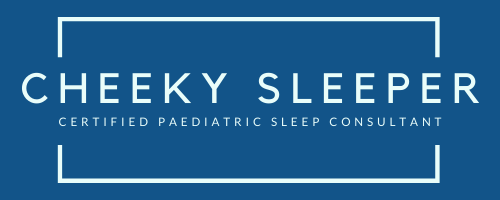January - Year of Sleep
In starting my research for this article I stumbled upon a sleep calculator. I am 38 years old and I have spent 125,802 hours, 4640 days, 745 Weeks, 14 years sleeping…. WHAT!!!!
That works out to 33.33 % of my short life sleeping. (Granted this is based on the assumption that I sleep 8 hours every night.) I assume I slept more as a child but that will balance out with my all-nighters at university.
This is was mind-blowing. How much of your life have you spent sleeping? Check this out -
An adult needs somewhere between 7 and 8 hours sleep per night. Children and babies need more and sleep needs tend to decrease as we move into our senior years. So really this makes sense in the grand scheme of things.
Sleep recommendation by age.
Our sleep consists of two types of sleep REM (Rapid eye movement and Non REM (non-rapid eye movement) sleep. In our sleep we transition between both throughout the night. Spending less time in REM sleep (20-25%), during which we are processing the day’s events, learning and developing new skills. We spend more time in Non-REM sleep (75-80%) when we see the majority of health benefits including tissue growth and repair, energy restoration and when hormones that are essential for growth and development are released. These are percentages for an average adult but will vary throughout our lives. Babies spend will spend 50% of their sleep in REM sleep.
This is only to demonstrate that sleep is so essential to the whole family and sleeping the right amount is important. This link will take you to a useful chart to assist in tracking your families sleep need.
As you can see your body and brain are closely linked to sleep. You need sleep to keep you healthy in both mind and body.
Benefits of good sleep include: reduced stress, improved memory, reduced blood pressure, fighting infection, maintaining a healthy weight, maintaining a healthy heart, reducing the risk of diabetes, and making you smarter. I like this list better than the risk of bad sleep.
Poor sleep is associated with increased weight gain, reduced brain function, reduced physical performance, Increased cardiovascular disease, increased risk of type 2 diabetes, inflammation and depression. Poor sleep is also associated with poor social and emotional interactions. Let’s flip this around and look at the positives of good sleep
This month I challenge you to make two changes in your sleep.
BEDTIME and BEDTIME Routine - As adults we often forget we need sleep or at least a consistent bedtime. I talk mostly about children and babies sleep but the same principles can help improve our sleep. What time are you going to bed? What is your favourite part of your bedtime routine?
Start adding something to your day to move your body. It could be walking your kids to school instead of driving, or parking in a spot that requires you to walk a little more to the store or playing outside this winter - include something fun from skating, skiing or building a snowman.
I’ll be back next month with more tips to keep sleep a priority in 2019.
Happy Sleep and let’s all sleep better in 2019
Alison
If your family is needing some support through this process please get in touch. I offer a variety of sleep packages to help your baby and children get back on track. www.cheekysleeper.com



